This year, automotive headlines have been dominated by the ongoing global microchip shortage. Now, according to General Motors president Mark Reuss, the global microchip supply is expected to begin to stabilize, albeit at a level lower than desired.
“We’re going to see a stabilization to some extent before we see getting the volume we really need,” Reuss said at a recent conference in northern Michigan, per a report from Reuters.
Earlier this month, General Motors Chief Financial Officer Paul Jacobson said that the global microchip supply will begin to even out next year as suppliers strive to catch up with demand.
General Motors has been forced to curtail production at a variety of facilities throughout the year, pushing back production restart dates as the global microchip shortage drags on. The latest estimates are put lost production figures at nearly 800,000 units throughout 2021. Nearly all of the automaker’s production facilities have felt the impact of the microchip shortage. One of the hardest hit has been the GM Fairfax Assembly plant in Kansas, which has been offline since February. The Fairfax assembly facility is responsible for production of the Cadillac XT4 crossover and Chevy Malibu sedan.
In response to the shortage, General Motors has employed a variety of strategies to lessen the impact, including prioritization of its most popular models, namely its full-size SUVs and trucks. General Motors has also opted to produce vehicles in an unfinished state, parking the incomplete units until additional microchips are sourced. Additionally, GM has cut certain features from select models, including AFM and DFM from the Chevy Silverado and GMC Sierra pickup trucks.
What’s more, General Motors has revealed a plan to overhaul its supply chain, opting to forge stronger relationships with chip producers in order to circumvent a possible future shortage.
Beyond global microchip supply, Reuss also addressed all-electric vehicle material recycling, including rare earth minerals.
“There’s a lot of material in a battery cell that can be reused,” Reuss said. “We’re spending time on that.”
Back in July, General Motors settled a deal with Controlled Thermal Resources to ramp up lithium mining at the Salton Sea in California.
Subscribe to GM Authority for more General Motors production news, Mark Reuss news, and around-the-clock GM news coverage.

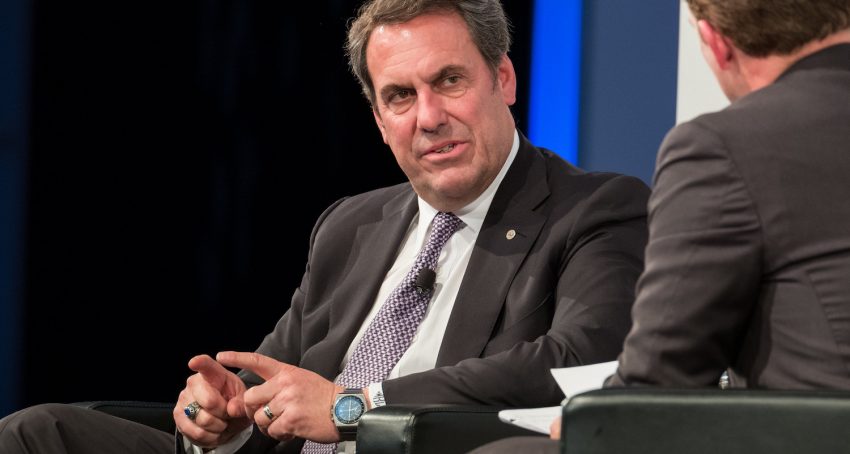
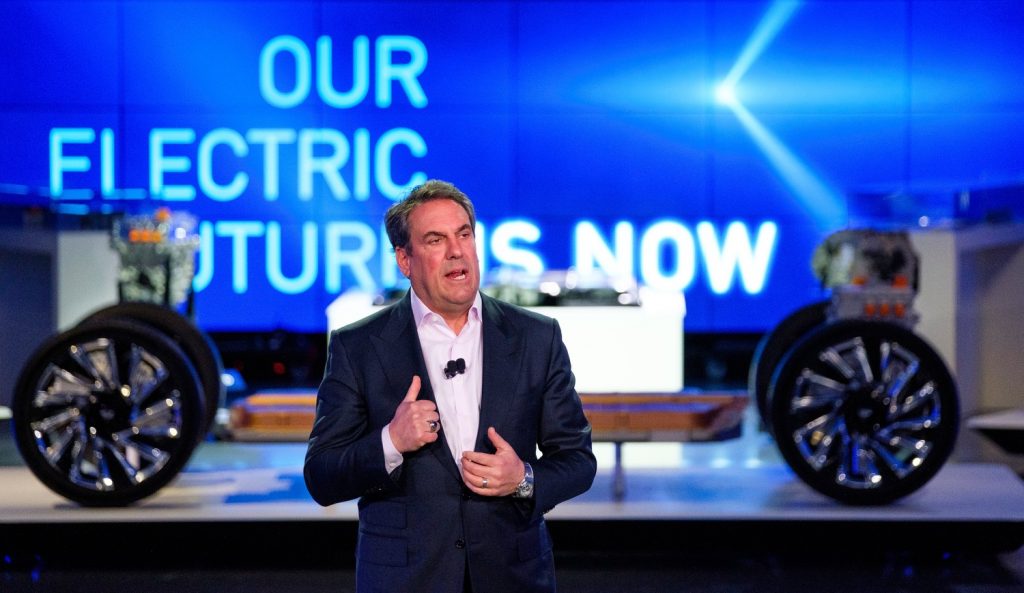
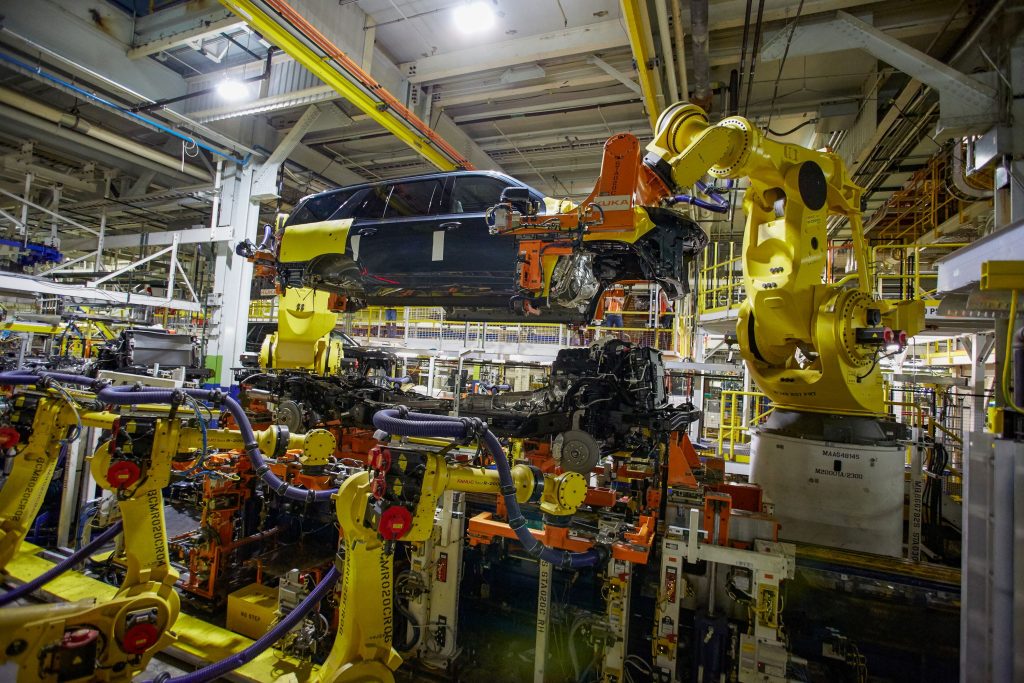
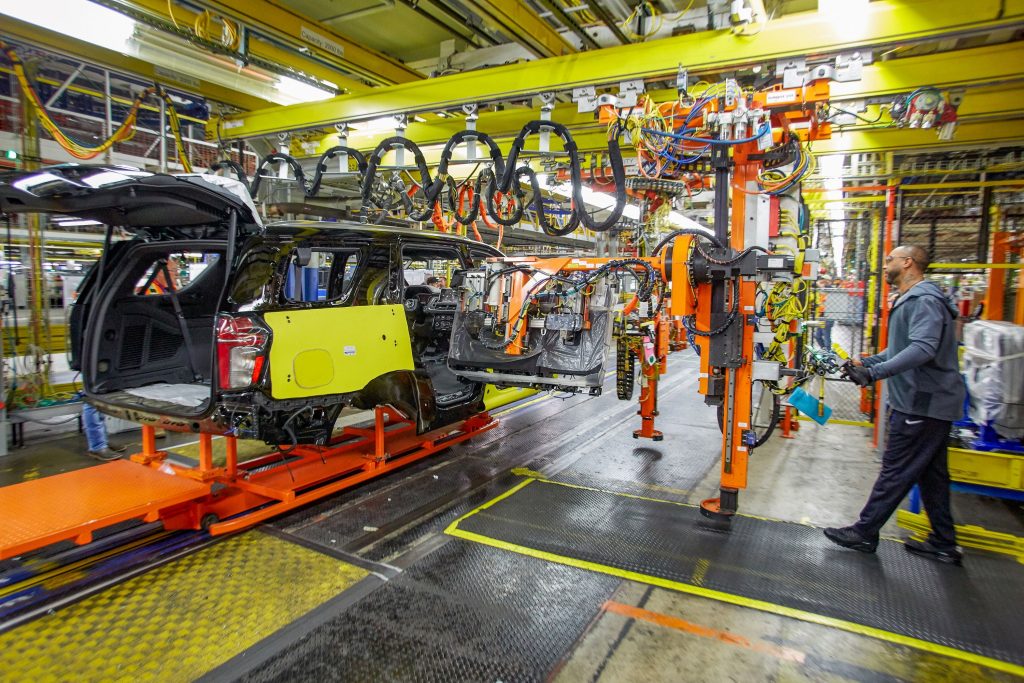
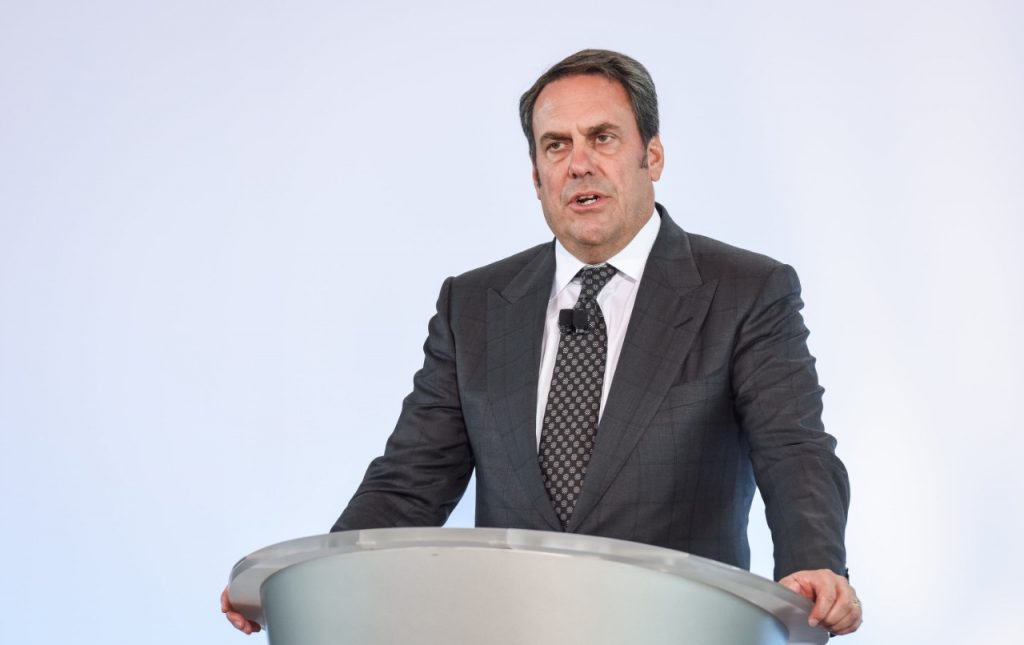



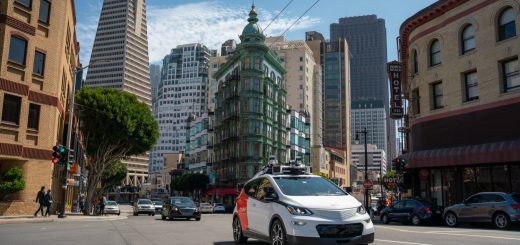
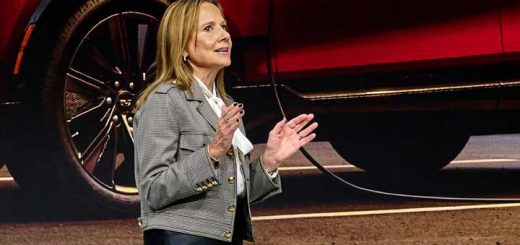

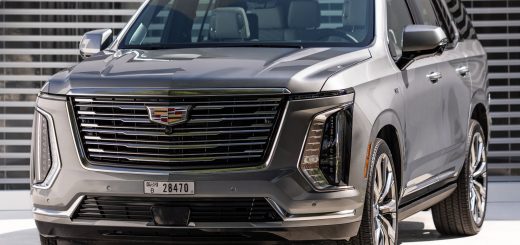






Comments
Heard today that evs have twice as many chips as ice vehicles.
Not the chips that are in question here… The Chips causing all the problems are the cheap ones that are in video game handsets, and seat controller modules, HVAC control modules, and engine sensors.
From my understanding, it’s not even that. It’s the small micro processors that go in the motherboards. All but the most advanced boards use the same 10-20 chips in different configurations. That’s why removing AFM on engines spreads out chips as you save 1-2 processors per board. Developing a board with less chips is another solution, but would take 1 year development and a whole year as well for testing.
Time to develop a modern carbureted engine. We got a lot of good know how for modern engines that could cut it for a cheap efficient reliable carbureted engine.
What this tells me is production levels will need to decrease from past years. In order to account for reduced production, manufacturers will reduce incentives and dealer inventory will be substantially less than what it has been in the past.
Those expecting huge discounts will really start whining that they deserve lower prices. But they won’t come. Used car values will continue to stay high which will help reduce the shock of higher new car prices.
Yup, spot on. Huge discounts will be a thing of the past when this is finally over with. Manufacturers and dealers will be acclimated to sell at MSRP with few rebates or dealer discounts (not that prevalent anymore anyway) and consumers will be conditioned to accept it. The old Wild West style of buying a car is finally over with! It will not be missed by many.
I think Mark would find if they paid more, auto chips would move to the front of the line. TSMC/NXP/Ti/… are all in the biz to make money. They do not make chips for charity. The auto industry was used to getting cheap chips because if you have a 10B+ foundry, even if you make a penny a part, it contributes to your capital investment. But if you have someone willing to buy a part that makes you a quarter, guess which one they fab?
Every time i see a picture of Mark Reuss my mind just goes back in time when he crashed a corvette at an indy race.
What to do when the chips are down?
If you drive by any Import Car /SUV dealership they have lots of various vehicles with micro chips sitting on their lots for sale ,but drive by most GM dealerships the inventory is meager to nothing ,.either the Imports have better contracts and suppliers or GM not paying as much or being boycotted by suppliers ?
Seems like GM might need to go back to producing more of their own parts instead of outsourcing.
gm will keep prices high and supply low even after there are more chips.
Thirty plus years ago Phoenix Arizona was the chipmaking capitol of America. Motorola had a dozen plants. Digital Equipment had a huge plant, etc. What happened? Costs. Cheaper production offshore. Fairchild tried to produce chips on the Navajo Reservation at Shiprock. Failed due to native work ethic and worker tardiness.
Phoenix has turned into a giant call center for insurance companies and a medical center for sunbelt retirees.
Nobody wants to live in the Rustbelt due to a brutal cold weather climate and lack of sunshine in the winter.
That’s why real estate prices in the Western USA are now in the stratosphere.
Chipmaking in the future will geometrically grow and my call is that it should be brought back to the USA, like at the Micron plant in Boise, Idaho which employs around 17K workers.